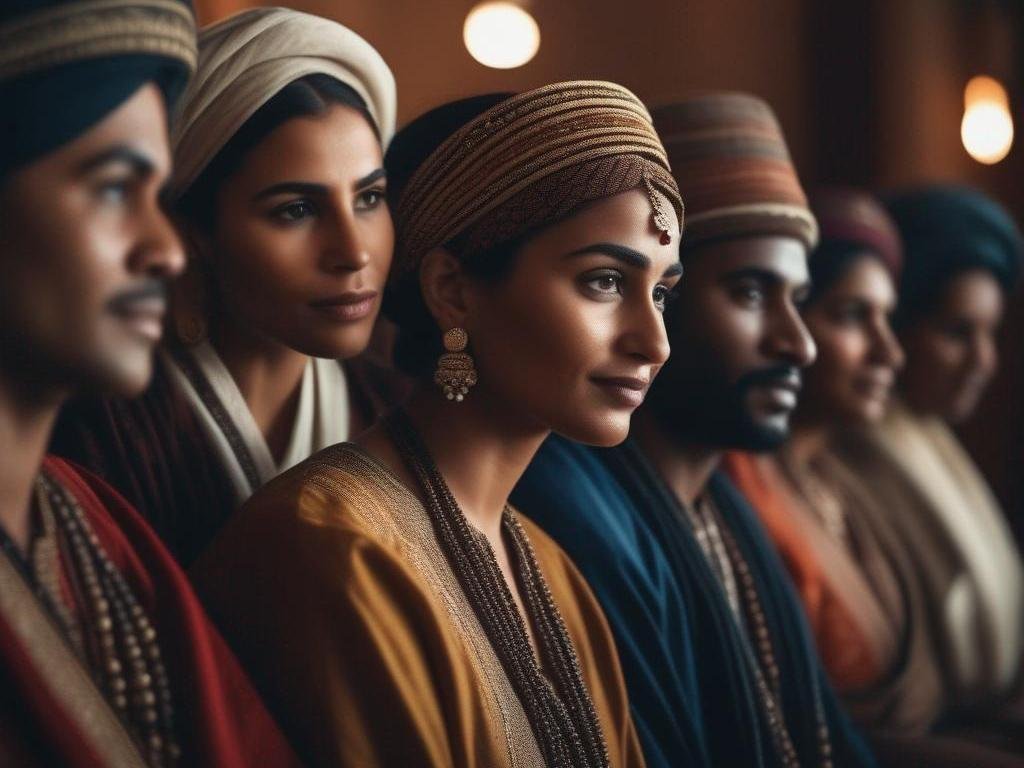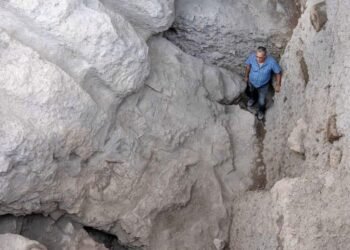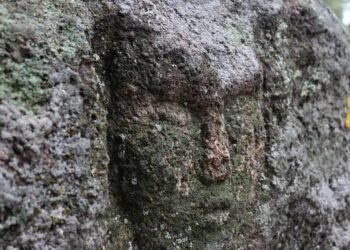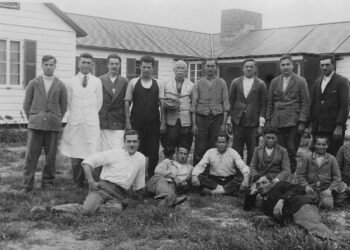Cultural anthropology is a field of study that delves into the complexities of human societies and cultures. It seeks to understand the diverse ways in which people live, think, and interact. This branch of anthropology examines the beliefs, practices, customs, and social structures that shape the lives of individuals and communities around the world.
Origins and Development
The roots of cultural anthropology extend to the 19th century, marked by scholars such as Sir Edward Burnett Tylor, Franz Boas, Bronislaw Malinowski, and Margaret Mead. These pioneering figures played pivotal roles in shaping the discipline by undertaking extensive fieldwork to study and document the customs and traditions of indigenous peoples. Through participant observation, interviews, and artifact collection, early anthropologists sought to unravel the intricacies of human culture.
 Sir Edward Burnett Tylor (1832–1917) was an English anthropologist who is often regarded as one of the founding figures of cultural anthropology. Born in London, Tylor made significant contributions to the development of anthropological thought in the 19th century.
Sir Edward Burnett Tylor (1832–1917) was an English anthropologist who is often regarded as one of the founding figures of cultural anthropology. Born in London, Tylor made significant contributions to the development of anthropological thought in the 19th century.
Tylor’s most influential work is perhaps his book “Primitive Culture,” published in 1871. In this work, he proposed a comprehensive theory of the evolution of human culture, suggesting that all societies pass through three basic stages of development: from savagery to barbarism and, finally, to civilization. Tylor argued that certain cultural features and practices of “primitive” societies could be understood as survivals from earlier stages in human cultural evolution.
He also introduced the concept of animism, the belief in spirits or supernatural beings, as a fundamental aspect of early religious thought. Tylor’s ideas laid the foundation for the study of religion and culture within anthropology.
Key Concepts in Cultural Anthropology
Cultural anthropology encompasses a multitude of key concepts that provide a lens through which we can understand the complexities of human societies. Central to this understanding are concepts such as:
- Culture: The shared beliefs, values, norms, and practices that characterize a particular group or society. Culture shapes behavior, providing a framework for social interaction.
- Symbolism: The use of symbols, including language, art, and rituals, to convey meaning within a culture. Symbols play a crucial role in communication and the transmission of cultural knowledge.
- Social Organization: Patterns of social relationships and institutions within a society, including kinship systems, political structures, economic arrangements, and religious organizations.
- Power and Inequality: Exploration of the dynamics of power and inequality within societies, addressing social hierarchies, gender roles, and economic disparities.
- Globalization: With the advent of globalization, cultural anthropology increasingly focuses on the interconnectedness of societies and the impact of global forces on local cultures.
Methods in Cultural Anthropology
Cultural anthropologists employ a diverse set of research methods to investigate and document human cultures. These methods include:
- Participant Observation: Immersive fieldwork where anthropologists live among the communities they study, actively participating in daily activities to gain deep insights into cultural practices and social dynamics.
- Interviews: Gathering information about beliefs, experiences, and perspectives through interviews with individuals and groups, offering valuable insights into cultural norms and values.
- Archival Research: Examining historical documents, photographs, and records to reconstruct the history and evolution of cultural practices.
- Surveys: Collecting data from a large number of individuals through questionnaires or interviews to analyze broad patterns and trends within a society.
Applications of Cultural Anthropology
Cultural anthropology finds practical applications in various fields, contributing to:
Development: Providing insights into the social and cultural contexts of communities, enabling the design of more effective and culturally sensitive interventions.
Education: Informing educational practices by promoting cross-cultural understanding and creating inclusive and culturally responsive learning environments.
Business: Assisting businesses in understanding the cultural nuances of different markets to tailor products and services to specific cultural contexts.
Healthcare: Playing a crucial role in healthcare by examining how cultural beliefs and practices impact health and well-being, helping healthcare professionals provide culturally competent care.
Cultural anthropology stands as a bridge between diverse societies. In our interconnected world, the discipline continues to be a beacon, providing essential guidance for navigating the challenges of a globalized and diverse society.

































